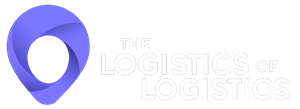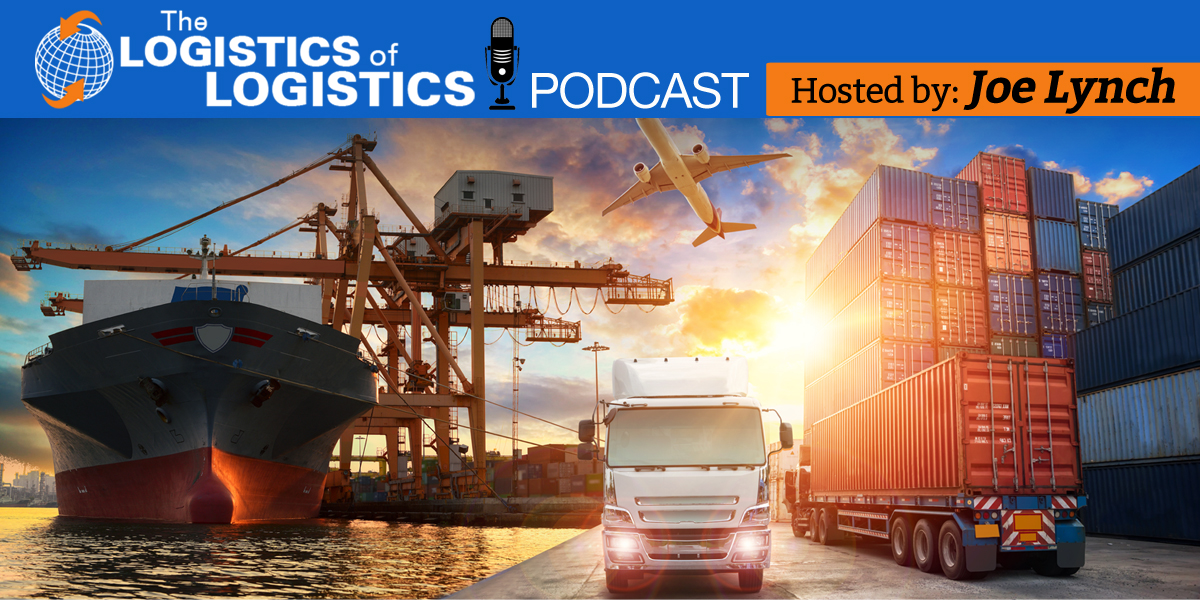[00:21] Opening / Introduction
[00:42] Introduce yourself and your company.
- I am the Founder and CEO of Customodal, based in Marshfield, WI,
[01:59] Tell us about your background. Where did you grow up? Go to school? What was your major in college?
- I grew up mostly in Madison, Wisconsin.
- I enrolled in the forestry program at the University of Wisconsin, but two years in I had an epiphany that I wanted to pursue business. I graduated with a major in finance, investment, and banking from the University of Wisconsin.
[02:44] What was your first job in logistics?
- My first logistics job was at an airport. I was hired as an accountant for an on-demand air charter operator that moved executives and high priority freight
- I stayed at the air charter for ten years, eventually moving up the ranks to the job of general manager.
[03:14] When did you start your own company, and who were your first customers?
- April 2, 2000 is when the company began.
- We were primarily in the expedite business, targeting manufacturers of all sizes who were running just-in-time inventory systems that made an intermediary component in someone else’s just-in-time system.
- When I started my company, we were 100% asset-based and all of our drivers were company employees.
[04:25] There’s an approach to freight savings that you use at Customodal, and I was hoping you could describe that to the audience.
- Our approach is deep engagement with our customers.
- Most transportation providers help their customers save money by reducing freight costs – negotiating better rates, finding cheaper carriers, volume, different modes, etc.
- We do all these things too, but that is just the starting point for us.
- We like to dig deeper and find the savings that comes from process change. We find the savings that come from fixing the disconnects and bottlenecks. When you align all the interests and groups within the company, you can find and capture hidden savings that are not found by traditional freight brokers.
[05:31] You’ve transitioned away from having assets, so tell us about your current model.
- Starting in 2000, we went from owning four trucks with one terminal to owning nearly one hundred trucks operating out of multiple terminals in the Midwest in just a few years.
- Along the way, we opened a small brokerage which had a different pitch (value proposition) to it than the trucking company.
- With my background and experience, I began asking clients more questions about their wants and needs. into asking what our customers’ needs were and searching for solutions.
- I discovered that the “agnostic” approach I was interested in was difficult to pursue because of our asset utilization goals.
- It’s too easy when you have a brokerage and an asset side to automatically fill your own trucks. That wasn’t what I had envisioned for our business.
[07:49] You mentioned that in the holistic approach, you’re engaging with the whole organization. Please explain who is involved in the process.
- We deal with the sales, operations and production, purchasing, finance and accounting, supply chain, and C-level.
[09:08] How did you come about this approach?
- From my experience in air freight, trucking, brokerage, etc., I had the opportunity to learn a lot about the industry and also how the shipping function impacted other stakeholders within a company.
- My perspective helped me understand that the shipping function as much more than just shipping.
- The holistic view of shipping compelled us to engage with every stakeholder touched by the logistics function.
[11:44] Let’s talk specifically about the different groups you work with. What are the typical value-adds that you discover?
-
Operations
One of the biggest areas of opportunity we have discovered on operations and production people is the lack of communication. There’s typically a big disconnect between production and shipping.
-
Supply chain management
With supply chain managers, we have a much higher-level conversation. These managers are all about trade-offs between time and money.
-
Purchasing
For purchasing agents, visibility comes up a lot.
-
Finance
Finance people tend to be about information. We run into a lot of customized information requests.
-
Sales
Salespeople are leveraging their credibility on behalf of their companies all the time. They get criticized when things are late, so we focus on the alignment of expectations.
[18:20] How do you convince these different groups to work with you and your team?
- It’s easiest if we have a sponsor at the C-level of the company. Their support can get everybody on board and get us over the initial hump.
- Once we start the conversations, the value of the effort is easy for people to see.
[20:47] What’s new at Customodal?
- In January, we launched OPTIX, small parcel management service.
- Our OPTIX service is a system that enables small parcel shippers to negotiate better contract rates and audit invoices for service failures.
- OPTIX is an application that analyzes parcel shipment in the background. Every shipment is audited against 39 points, which identifies when the carrier has not delivered the specified service.
- Parcel shippers often have hundreds, if not thousands of small parcel shipments and manual auditing is not feasible.
- We have found that 4.2% of all small parcel shipping invoices are incorrect, which means many shippers are paying too much.
- Another advantage to OPTIX is the data collected and analyzed can be used in carrier negotiations.
Learn more:
Customodal website: http://customodal.com/
Mike Eberl’s LinkedIn profile: https://www.linkedin.com/in/mike-eberl-721b3216/

